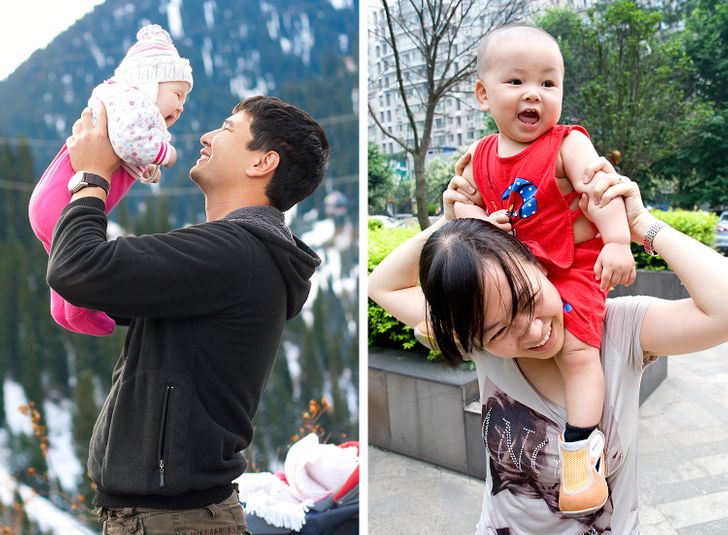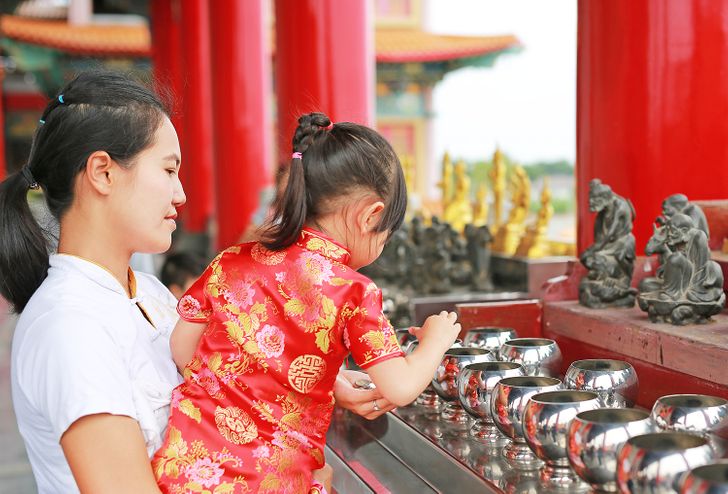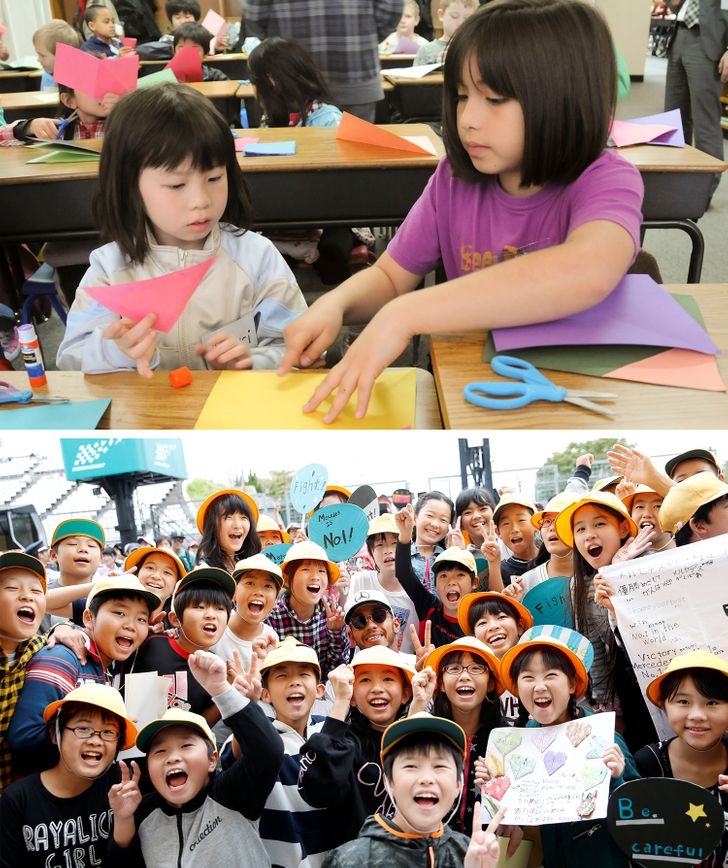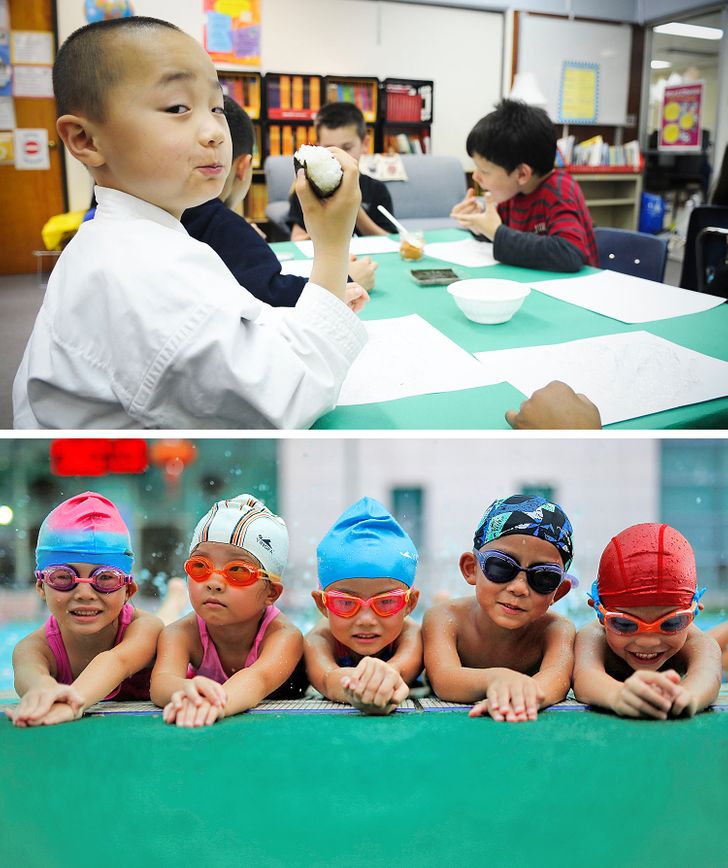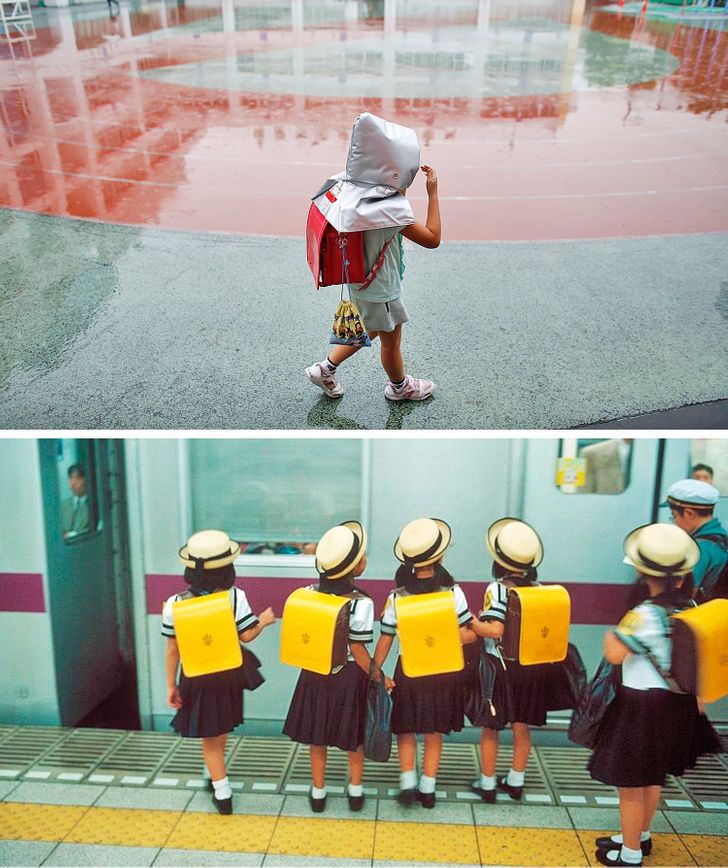That sounds very reasonable. Our children could learn a lot from this. These parents do not pack their kids in cotton wool and put away all inconvenience they may have. And it's getting more bizarre from year to year. Lately there was a mother who went to the daughters teacher and slapped her in the face for scolding her daughter because she hurt another little girl. The school director did nothing about it. Where is this leading to???
Secrets of the Eastern Educational System That Can Help Raise a Talented and Smart Child
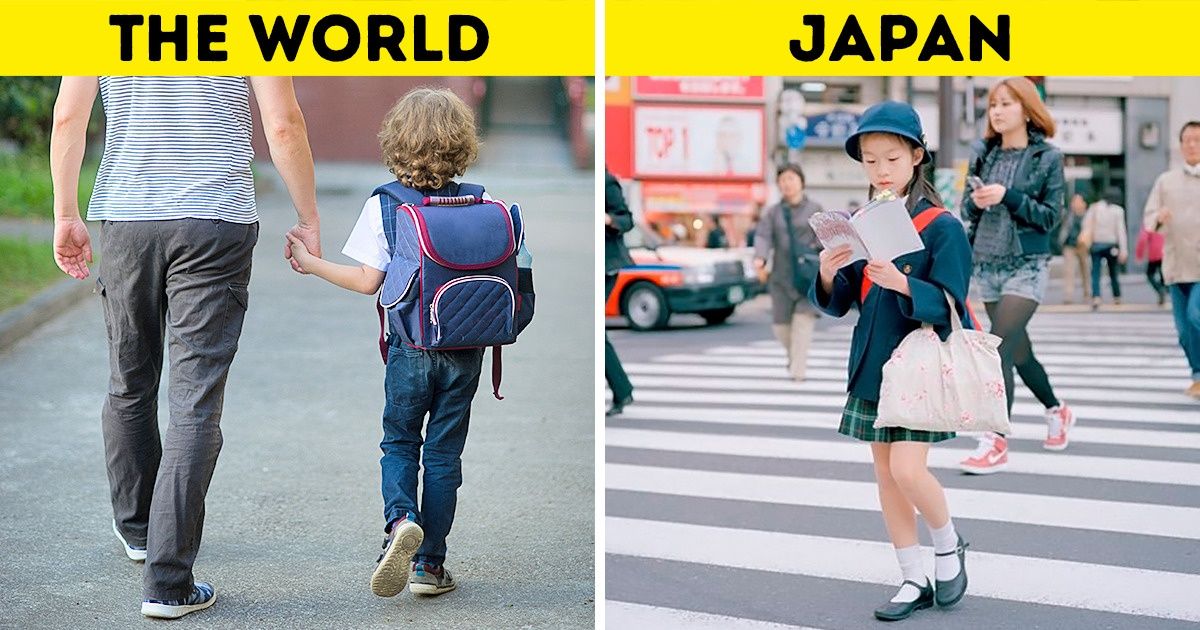
Asian countries like China, Japan, and Korea have been at the top position of education ratings according to the estimations of PISA. 15-year-old students from the East often show better performance in math, reading, and science than other students from around the world.
Raising a talented and successful child who respects their elders, their culture, and is a well-rounded good person is the main goal in Eastern countries. But how do these countries achieve this?
In order to achieve this, there are certain unique rules in Asian countries that have been followed for many decades. Bright Side is going to tell you about them in this article.
They don't believe that education is the most important thing in life.
This belief only applies to the first 2 years. In this period, emotions are very important, that's why children are surrounded with love and care. Physical contact is also very important: parents often carry their children even when it's not necessary.
Here people don't believe that before a certain age children don't understand anything. Even though children can't respond, they start receiving and analyzing information long before they are born. That's why parents try to be a good role model even when their child is very young.
They value personal experience.
Unlike the western educational system, in the East, parents don't prohibit things. If a child does something dangerous or bad, adults just try to switch their attention to something else. In the Eastern system, it is believed that prohibitions can stop a child's interest to explore.
A child will be informed of the danger and why some things should be avoided, but nobody will prohibit anything. So in the future these children have a more creative way of thinking, they are able to imagine unique solutions, they follow important rules, and they respect adults.
Their own interests are not important.
For example, western parents would say, "Don't hurt yourself." And in the East, they would say, "Don't hurt others." Before the age of 3, children are taught to respect other people, animals, to be able to look for the truth, to control themselves, and to care about nature.
Children are raised so that they can live with other people, help them, and take their interests into account. In Japan, people believe that this approach is very important for the development of a harmonious society and government. This is why children are taught to be part of the team.
At the age of 2-3 children play several sports and attend educational classes.
After children are taught the basics of good manners, their all-around development begins. It is considered perfectly normal for a 3-year-old child to have a very busy day. Children can take English, math, drawing, acting, and singing classes all at the same time.
Thanks to this system, all children by the age of 4 can play at least one musical instrument and know the basics of math and grammar. And at the age of 5, children are prepared to go to school. The careless childhood ends and going forward they are taught to be disciplined.
Elementary school children can be on their own.
For example, in Japan and Korea, 6-year-old children get to school on their own. Mothers don't take children to school.
By the time children start school, they can usually count, write, and read simple books. In Asian countries people believe that teaching children to count at an early age develops the frontal lobes of the brain and develops their creative abilities.
When the moment comes, a student takes time to choose their future profession.
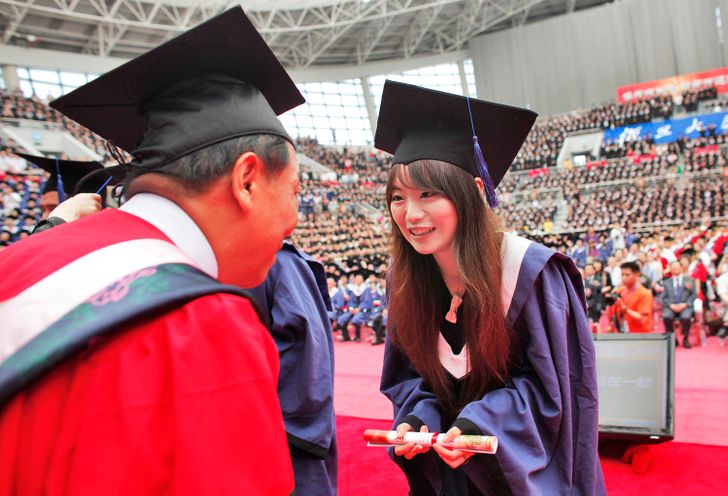
At around the age of 12-16 a child is considered to be an adult in terms of maturity. They make their own decisions and are held responsible for them. Unlike in the West, children here are not rushed to choose a profession if they are not ready.
Family ties are very important here. A child can live with their family for as long as they need. But often, by the age of 14 children already know what they want to become and can live on their own.
This system has existed for hundreds of years. It allows parents to raise smart, talented children who respect traditions, other people, and work well in a team.
The most important rule of the Eastern system is: the explanation of parent's decisions, love, and care are essential for the development of a healthy child. And discipline with independence allows them to achieve great results in education and work.
What do you think of the Asian educational system? Share your opinion in the comment section below!
Comments
Related Reads
My MIL Stole My Daughter’s $50K College Fund—The Consequences Were Immediate
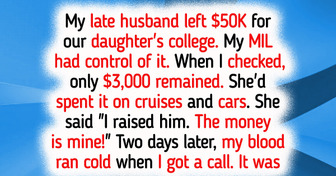
My Parents Told Me I’d Never Own a Home, Now They Want to Move In
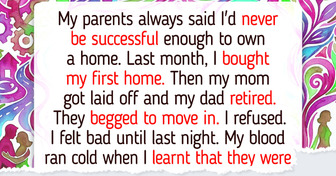
18 Stories Where Kindness Made It Human Again
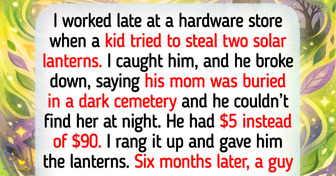
HR Fired Me Before My Vacation — They Forgot One Thing

I Refused to Pay for My 80-Year-Old Nana’s Medical Bills—My Kindness Meant Nothing to Her

I Refused to Earn $25K Less Than a New Hire—So I Pulled a Move No One Saw Coming

12 Life Moments Where Quiet Kindness Played the Main Role

I Refuse to Walk My Daughter Down the Aisle With the Man Who Ruined Our Family

I Let My MIL Join Our Family Trip—And It Turned Into Chaos

I’m Childfree and I Left My Legacy to My Niece, Now My Stepdaughter Is Livid

I Refuse to Forgive My Wife for What She Did to My Son

I Refused to Let My Sister Make My Wedding About Her Miscarriage—So I Exposed Her Dark Secret

